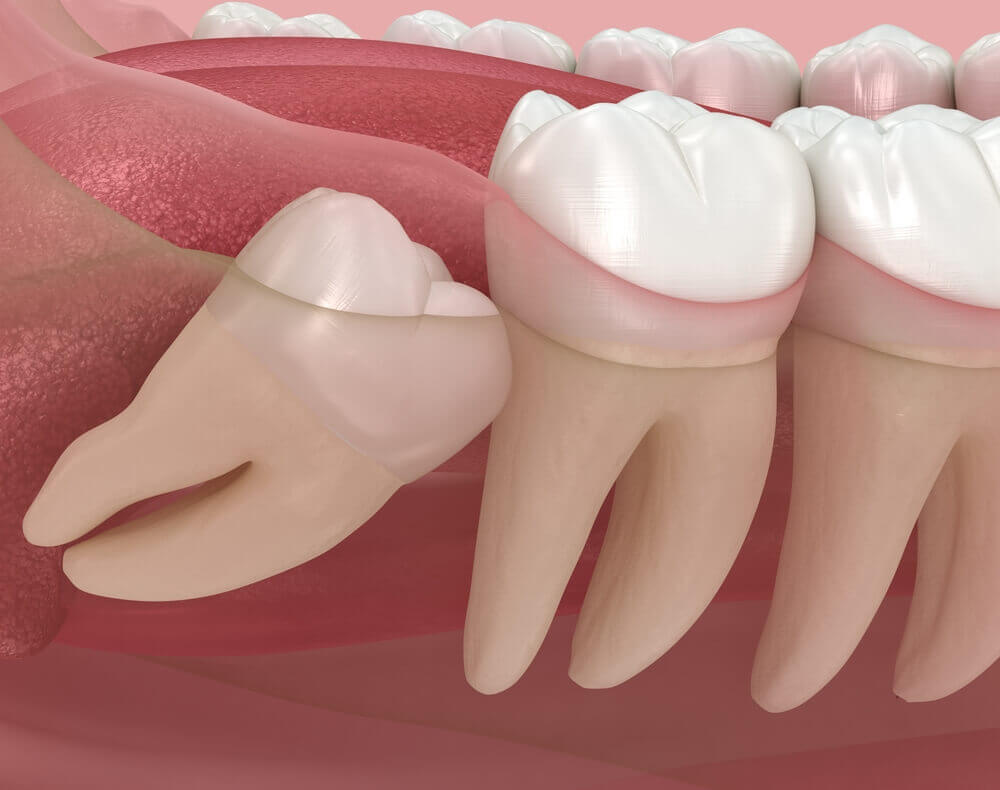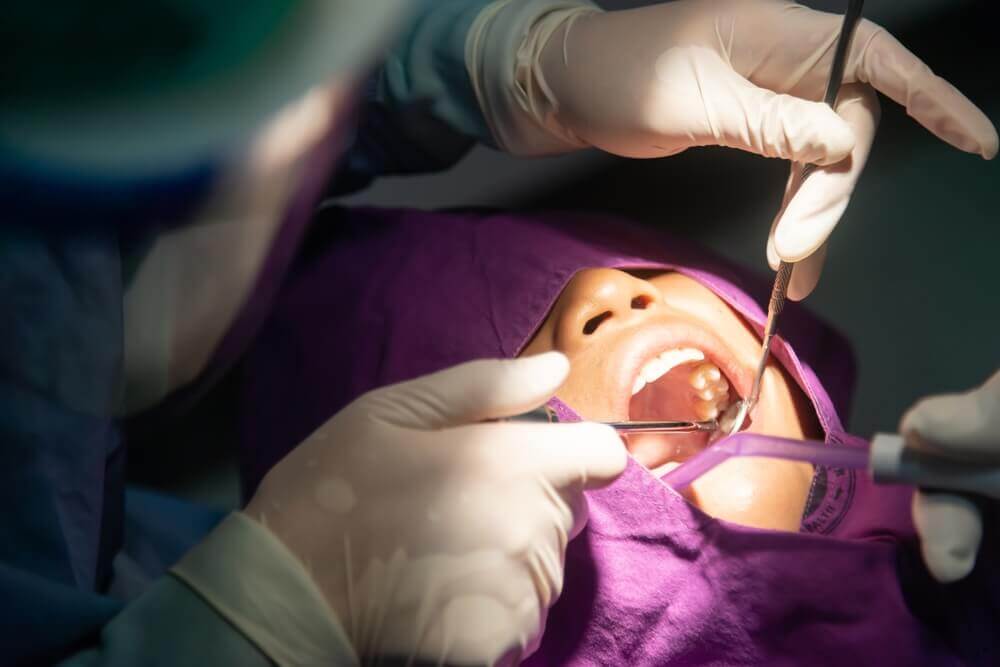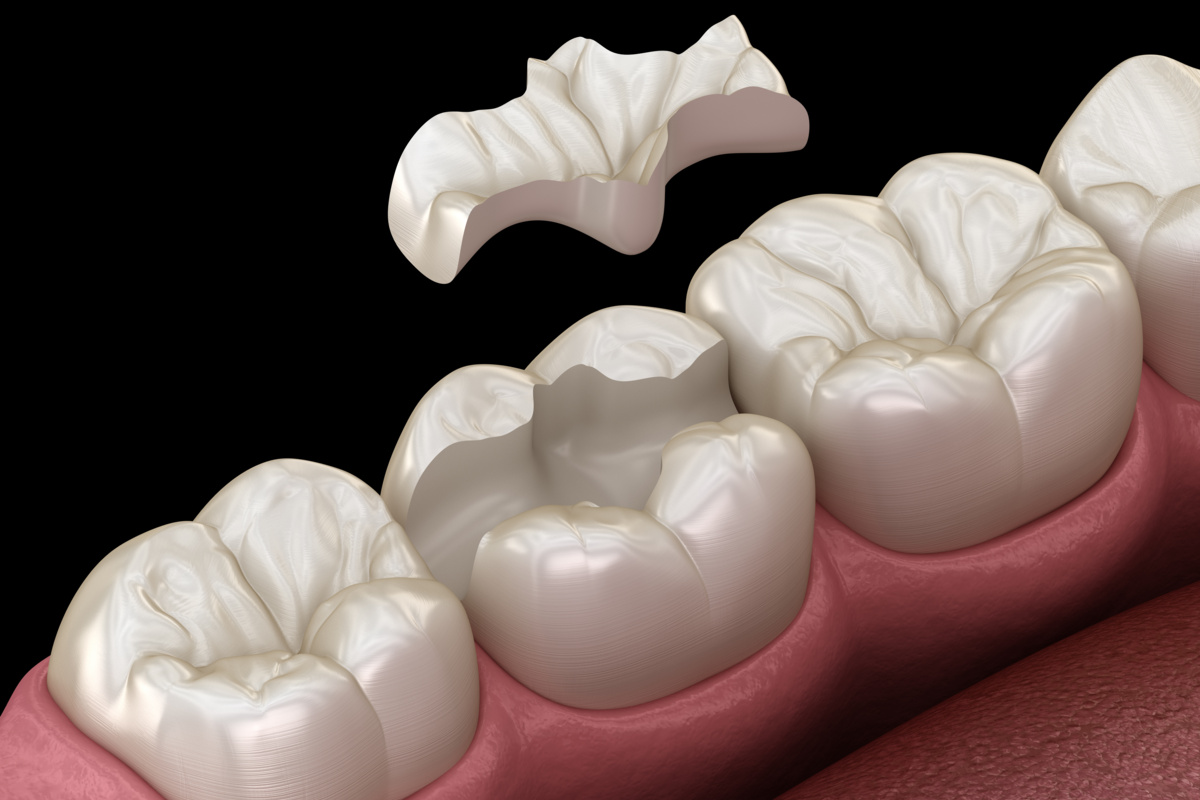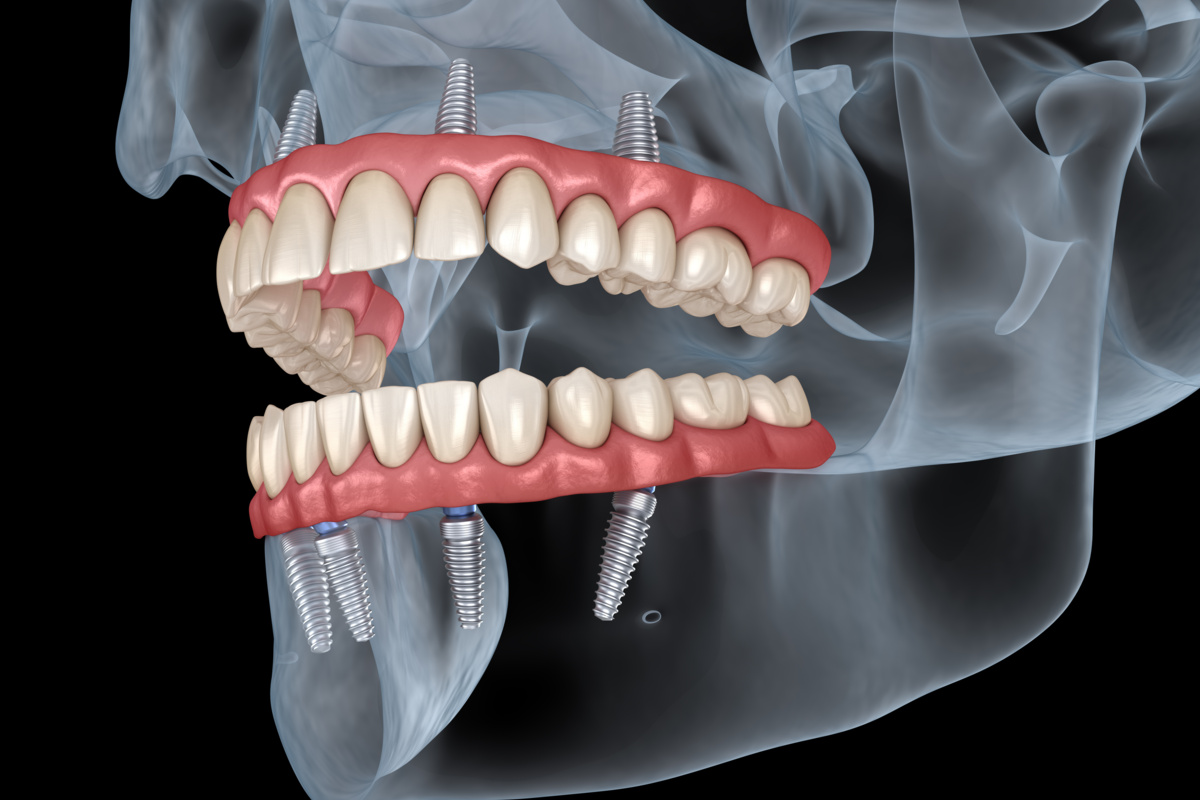Wisdom teeth removal is a subject that frequently piques curiosity and instills concern in many individuals. The looming question often revolves around its necessity: Is it truly essential? In our quest to shed light on this matter, let’s delve into the factual landscape and dispel any lingering myths associated with the extraction of wisdom teeth.
Are Wisdom Teeth Removal Necessary?
The notion of wisdom teeth removal being an absolute necessity is often debated. Some argue that if the wisdom teeth emerge properly and don’t cause any issues, there’s no need to intervene. This sentiment is echoed in the experience shared in a video transcript where the speaker confidently asserts, “I have all my wisdom teeth and I have not gotten them out.” For individuals like them, with wisdom teeth that have grown straight and can be maintained with proper oral hygiene, removal may not be deemed necessary.

Assessing Individual Cases
When considering whether wisdom teeth removal is warranted, it’s crucial to evaluate each case individually. Factors such as the alignment of the teeth, available space in the jaw, and the presence of any underlying dental issues play pivotal roles in this decision-making process. While some may be fortunate enough to have their wisdom teeth emerge without complications, others may experience crowding, impaction, or infection, necessitating their removal.
Potential Complications Associated with Wisdom Teeth
Although not everyone experiences problems with their wisdom teeth, those who do can encounter a range of complications. These may include pain, swelling, infection, and even damage to adjacent teeth or the jawbone. In such cases, the extraction of wisdom teeth becomes imperative to alleviate discomfort and prevent further oral health issues from arising.
The Importance of Regular Dental Check-ups
Regular dental check-ups are essential components of maintaining optimal oral health, serving as proactive measures to monitor the growth and development of wisdom teeth. During these appointments, dentists meticulously assess the condition of these molars, closely observing their alignment and emergence patterns. Through early detection, emerging issues such as crowding, impaction, or signs of infection can be promptly identified and addressed. By prioritizing these routine check-ups and promptly addressing any concerns that arise, individuals can effectively mitigate the likelihood of requiring extensive dental interventions, including the potential need for wisdom teeth removal.
Considering Alternative Treatment Options
In some instances, alternative treatment options may be explored instead of opting for wisdom teeth removal. These alternatives could include orthodontic procedures to create space in the jaw or addressing specific dental issues through targeted interventions. Consulting with a dental professional can help individuals weigh the pros and cons of various treatment approaches and make informed decisions regarding their oral health.
In Summary

The necessity of wisdom teeth removal varies from person to person and depends on several factors. While some individuals may go through life without ever needing to have their wisdom teeth removed, others may require extraction due to complications or potential risks to their oral health. By staying proactive, attending regular dental check-ups, and seeking professional guidance, individuals can make informed decisions that prioritize their long-term oral well-being.
So, is wisdom teeth removal necessary? The answer isn’t always black and white. It’s about understanding your unique dental situation and working with your dentist to determine the best course of action. Remember, we are dedicated to providing personalized guidance and support for your oral health needs – feel free to contact Indian Trail Dental today for expert advice tailored to your unique situation.



